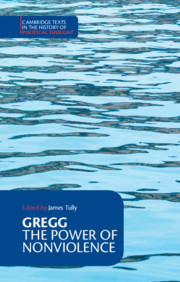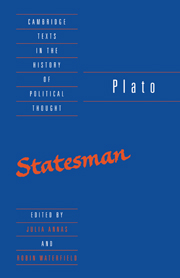This chapter explains that a special relationship between Indonesia and Malaysia had emerged shortly after the fall of the Sukarno regime.
Indonesia's confrontation against Malaysia had been effectively defeated by Malaysia, in which the Anglo–Malaysian military alliance was the backbone of its security. The power owned by Malaysia had accordingly succeeded in halting Indonesia's tendency to launch military attacks on Malaysia. Indonesia began to share the same understanding held by Malaysia that power balance existed between the two states, which meant a basis of order had emerged between them. Indonesia and Malaysia began to coexist peacefully.
Meanwhile, the presence of power balance between Indonesia and Malaysia also meant that both states possessed the necessary amount of power that shaped their similar strategic understandings rooted in common identities into their common strategic interests. Since then, Indonesia and Malaysia needed each other to form the Malay world in archipelagic Southeast Asia — a shield that protected their existence as states built around the Malay way of life. Two sources of closeness — common identities and shared strategic interests — henceforth, coexisted in Indonesia–Malaysia relations. A special relationship, therefore, had emerged between Indonesia and Malaysia.
The two sources of closeness in Indonesia–Malaysia relations generated their mutual aspiration for peace, which were strong enough to give rise to the war avoidance norms shared by the two states. In other words, the Indonesia–Malaysia special relationship constituted a security regime between them.
Upon the establishment of their special relationship, Indonesia and Malaysia worked together to create a friendly regional climate of Southeast Asia, which essentially reflected the Malay way of life. Together they moved to establish ASEAN so as to forge a friendly order of Southeast Asia through regional cooperation. The creation of ASEAN was an expression of the Indonesia–Malaysia special relationship. ASEAN's essence as a security regime, in the meantime, was created and sustained by the special relationship.
While Indonesia and Malaysia identified intimately with each other because of their special ties, their egoistic understanding of one another, nonetheless, persisted. The reordering of the strategic landscape in Southeast Asia, which took place in the late 1960s, revealed such basic qualities of Indonesia–Malaysia relations. In order to respond to the changing strategic environment, Indonesia and Malaysia sought for each other's cooperation, aiming to create an autonomous Southeast Asia that ensured their basic security.


